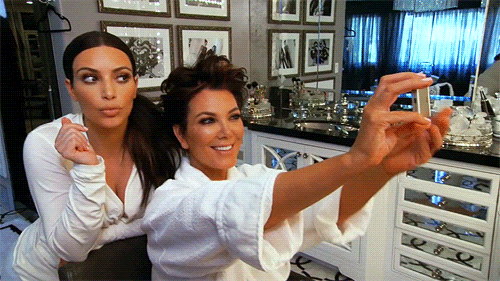A new survey has revealed that the confidence of Irish women is shockingly low.
According to Bayer’s Health Survey, one third of Irish women report 'low or no' confidence, while none of the women surveyed said they are completely happy with how they look.
More encouragingly, 42% describe themselves as reasonably confident while just 3% feel very confident.

When discussing intimate health issues, searching the web is the first port of call for over half of those surveyed (52%). Almost 1 in 5 women questioned wait for the issue to disappear by itself and 68% of women go directly to their doctor with their intimate health concerns.
Embarrassment is still rife when it comes to dealing with intimate health issues with two thirds of respondents saying they are embarrassed discussing their problems with a GP or pharmacist. This also seems to be the case when buying feminine health products.
The study also found that women are more likely to discuss intimate health issues with their best friends (61%) than their partners (57%).
Over half (55%) of those questioned have never heard of bacterial vaginosis (BV), despite it being the most common vaginal infection in Irish women of childbearing age.
BV is caused by an imbalance of the normal bacteria in the vagina resulting in an increased pH level which then allows other types of bacteria to grow.
The survey was conduced to mark the launch of Canestest and Canesbalance - a new self-test that allows women to determine which vaginal infection they are suffering from in 10 seconds.
Talking about the survey, Dr. Sinead Beirne, a Dublin based GP said “Talking about intimate health can be a real source of embarrassment for some women. This campaign is really about dispelling some of the myths around BV and thrush and explaining the difference between these infections. It’s about arming women with the right information so that they can feel confident in both diagnosing and treating their intimate health issue.”
She continued, “What I would say to women is talk to your GP or pharmacist, talk to your friends or partner about your concerns in the same way you would about any other health issue. Generally, BV and thrush are very easily treated and need not be a major cause for alarm. It is important not to ignore any symptoms, as BV can lead to other serious health complications especially for women trying to conceive”.
For more information, visit www.intimatehealth.ie













